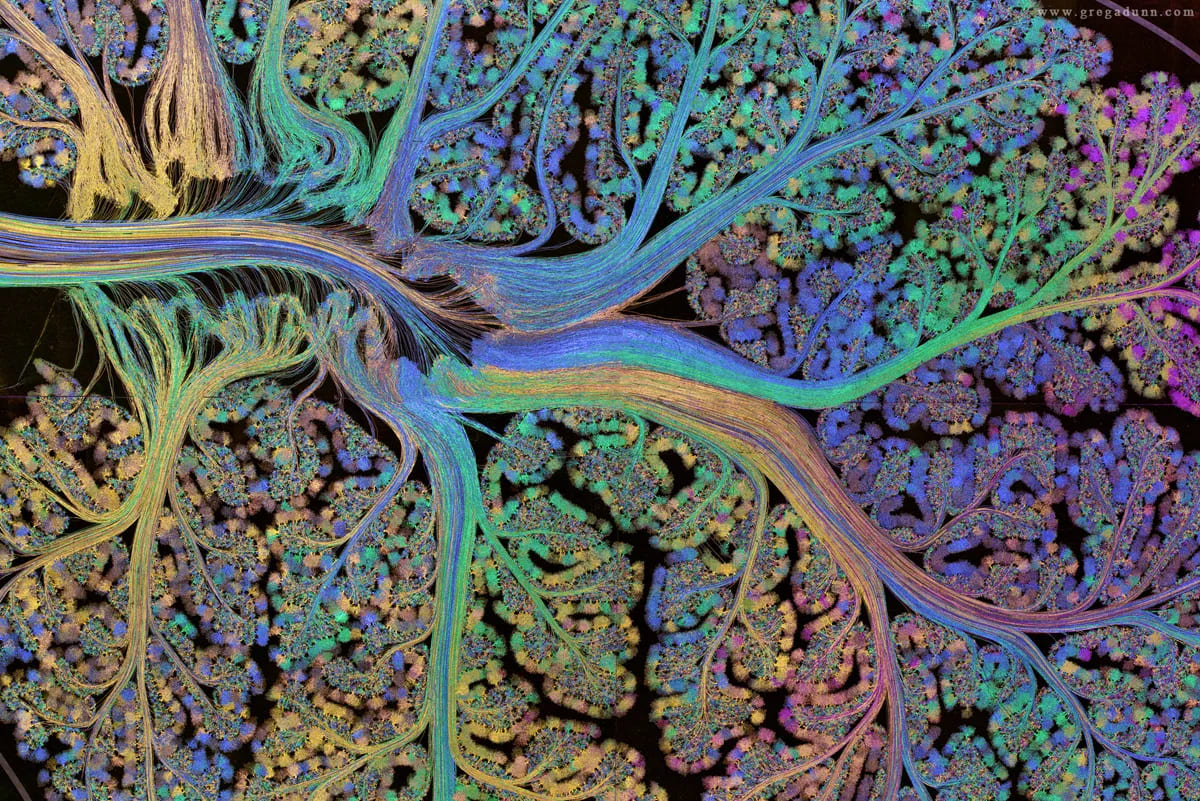From Code to Consciousness: Why Your Brain Is the Most Fascinating Software

By Prince Jodhani
Imagine you’ve just discovered a hidden folder full of strange files—each one buzzing with activity, talking to the others in a language you can’t quite decode. That’s your brain. As a software developer, you’re used to diving into code; but what if I told you your own mind runs on a system far more complex than any program you’ve ever written? In this article, we’ll weave together insights from René Descartes, Aristotle, Jean‑Paul Sartre, Viktor Frankl, and Marcus Aurelius to explore how philosophy, neuroscience, and psychiatry help us debug life’s biggest questions.
1. The Great Mystery Inside Your Skull
Every second, billions of neurons fire, sending tiny electrical sparks across microscopic gaps. We call it “thought,” “feeling,” even “you.” Yet nobody has ever captured the full recipe for consciousness—it remains a mystery wrapped in your own skull.
René Descartes (1641) introduced mind‑body dualism, arguing that the res cogitans (thinking substance) is distinct from the res extensa (extended substance of matter). His famous dictum, “Cogito, ergo sum” (“I think, therefore I am”), reminds us that self‑awareness is the foundation of knowledge (Descartes, 1641).
Aristotle (c. 350 B.C.E.) saw living things as naturally goal‑oriented (teleology). In Nicomachean Ethics, he describes eudaimonia—human flourishing—as the ultimate function of the soul (Aristotle, ca. 350 B.C.E.).
Why it matters: Grasping these philosophical roots gives you mental tools to approach problems not just as bugs to fix, but as puzzles that shape who you are.
2. Philosophy Meets Psychiatry: Questions That Shape Your Life
In your philosophy course, you met big questions like “What is truth?” or “Why are we here?” Psychiatry brings those questions into the clinic when someone feels lost, anxious, or depressed.
Jean‑Paul Sartre (1943) argued in Being and Nothingness that we are condemned to be free—each choice defines us, with no predefined essence (Sartre, 1943). That radical freedom can be empowering or terrifying.
Viktor Frankl (1946) developed logotherapy, asserting that the primary human drive is the search for meaning. Even in suffering, we can choose our attitude (Frankl, 1946).
Think of it this way:
Philosophy asks, “What should I believe?”
Psychiatry asks, “How can I help you believe it in a healthy, life‑affirming way?”
3. Five Lines of Code—One Life to Live
In coding, we debug line by line. In life, we debug moment by moment. The Stoic emperor Marcus Aurelius (c. 180) taught us to notice and reframe destructive impressions in his Meditations (Aurelius, ca. 180). Apply this developer’s mindset:
Scan for errors. Notice thoughts like “I can’t” or “I’m not enough.”
Pause. Take a breath—your brain needs milliseconds to reset.
Refactor. Replace “I can’t” with “Let me try.”
Test. Send that email or build that feature.
Deploy. Share your work and celebrate every tiny success.
4. The Hidden API of Purpose
Every app needs a goal: loading data, printing reports, entertaining users. Your life works the same way. Ask yourself:
What’s your “hello world”? (Your first proud moment.)
Which functions matter? (Passion, relationships, creativity.)
What errors do you ignore? (Self‑doubt, bad habits.)
By treating your values as an internal API—modeled on Aristotle’s idea of telos, or inherent purpose—you create a clear roadmap for every decision you make.
5. Why This Matters—And Why You Should Care
Because beneath every line of code you write, there’s a mind generating ideas, solving puzzles, and dreaming of something greater. By exploring neuroscience, philosophy, and psychiatry, you:
Sharpen your edge. Better self‑understanding leads to cleaner code and more innovative solutions.
Find deeper meaning. Work feels more rewarding when tied to purpose.
Inspire others. Share these simple steps, and you might spark a friend’s own transformation.
Closing the Loop
Next time you sit down at your keyboard, remember: you’re not just writing code—you’re conversing with one of the universe’s greatest riddles: your own conscious mind. Embrace that mystery. Refactor your thoughts. And build a life as elegant as your best program.
Ready to explore? Leave a like with your biggest “aha!” moment about the mind, or share one small change you’ll make today. Let’s debug life together!
References (APA Style)
Aristotle. (ca. 350 B.C.E.). Nicomachean Ethics (W. D. Ross, Trans.). Oxford University Press. (Original work published ca. 350 B.C.E.)
Aurelius, M. (ca. 180). Meditations (M. Hammond, Trans.). Penguin Classics. (Original work published ca. 180)
Descartes, R. (1641). Meditations on First Philosophy. Paris, France.
Frankl, V. E. (1946). Man’s Search for Meaning. Beacon Press.
Sartre, J.‑P. (1943). Being and Nothingness. Washington Square Press.










